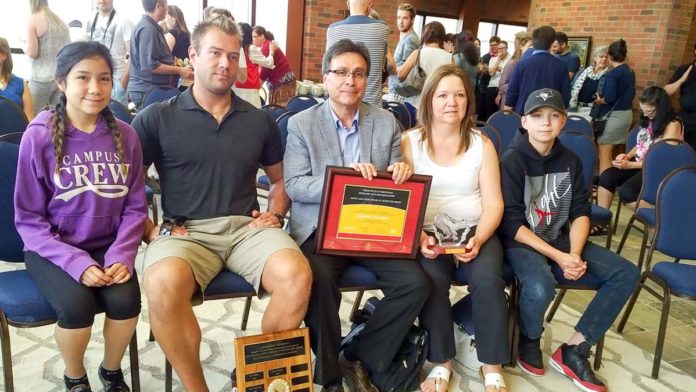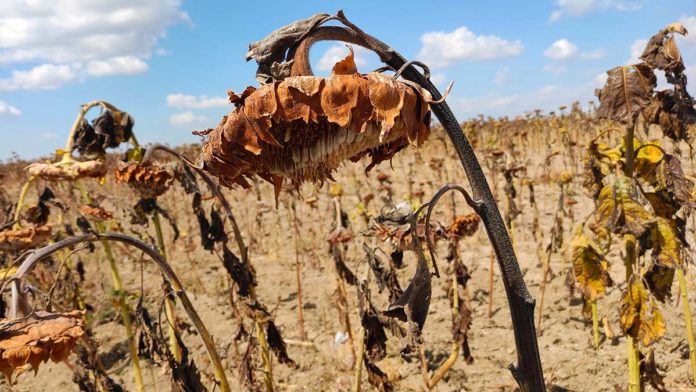Proposed changes to Ontario’s riding boundaries would see Northern Ontario lose a seat in the next federal election slated, for now, for 2025. This follows a long pattern of muting Northern voices at the federal level and has the potential for dire impacts on the interests of municipalities, businesses and individuals within the current boundaries of the current Algoma-Manitoulin-Kapuskasing, our riding, which is the one targeted for elimination and redistribution.
The Federal Electoral Districts Redistribution Commission’s remit is to ensure that all federal ridings across this big, largely empty, nation have approximately the same populations. That means that as Southern Ontario gets more crowded, short of increasing the number of electoral districts in this province, ones are pinched from less crowded areas (like ours) and given to our southern neighbours.
Canada is a nation that covers a vast geographical area with varying cultures and often diverse interests spread across an equally diverse landscape. There are many voices which need to be heard at all levels of government; heard and taken into account when decisions impacting on their regions are being debated. Rural regions are not well equipped to amplify their voices and while urban centres benefit from both economies of scale and a surfeit of resources that act to further enhance the interests of urban centres, rural communities tend to be balkanized and diluted by both geography and the limited financial and human resources available to them.
One of the places where those voices can still be heard is within the hallowed halls of our democracy.
While the concept of one person, one vote, is a major tenant of democracy, there are other important facets to true representative democracy. The tyranny of the majority is enhanced by a slavish devotion to the one person, one vote, concept. Urban centres currently dominate the floor when it comes to debate at both Queens Park and the federal Parliament and the argument can be made that is a sensible approach. Yet, rural voices are legitimate and bring important concepts to the table.
As federal ridings become more and more urbanized due to population growth, the voices of rural communities fade further into the shadows. That results in a loss for everyone.
Rural communities have very different realities than those of urban ridings which can be crossed in the course of an afternoon’s stroll or an hour’s bicycle ride. Accessing services for most electors living in rural ridings is difficult, if not impossible.
Delivering services in rural areas is very challenging and expensive, so it is little wonder that bureaucrats are reluctant to encourage anyone to continue to reside in the “hinterland.” When dollars are allocated on the basis of the number of electors residing in a riding, the equation becomes simpler to calculate than when distances and lack of infrastructure are taken into account, as they certainly should be.
For those of us living on Manitoulin Island, the questions is anything but theoretical. These decisions will have very real impacts on our rural quality of life. Not all change is bad and the impetus to push back against change can be instinctive, but when it is clear that a proposed change will not be in the best interests of our communities, it is time to push back and hard.
Time is of the essence. The turnaround time for comment is measured in mere days and weeks and the arguments can be complicated and challenging to present.
Now is the time for all Northern citizens to come to the aid of their ridings, because regardless of partisan bent—these proposed changes will be bad for everyone.




